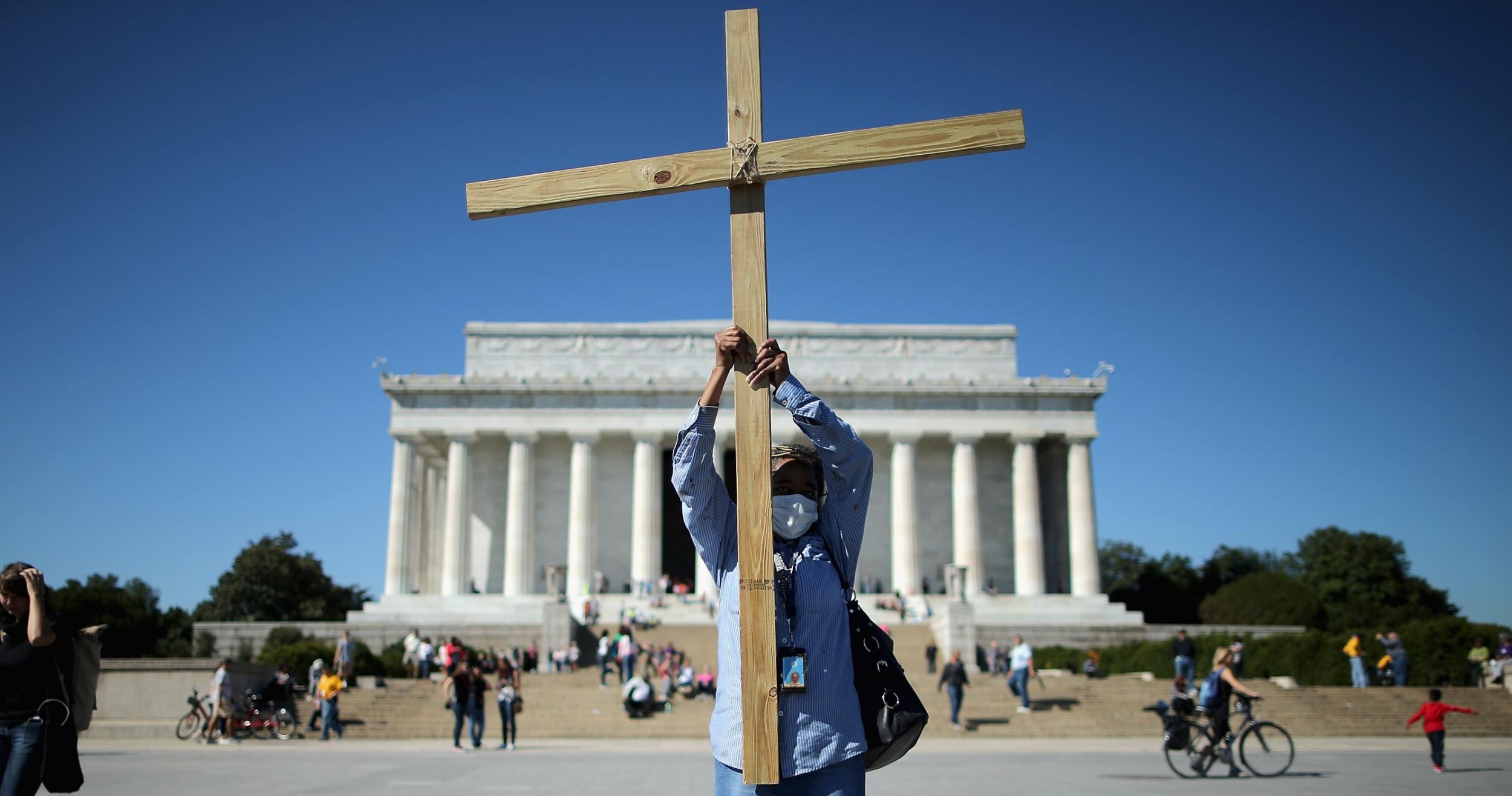Religious experiences may be down to epilepsy, study finds
Research finds a link between a propensity for spirituality and neurological processes

Your support helps us to tell the story
From reproductive rights to climate change to Big Tech, The Independent is on the ground when the story is developing. Whether it's investigating the financials of Elon Musk's pro-Trump PAC or producing our latest documentary, 'The A Word', which shines a light on the American women fighting for reproductive rights, we know how important it is to parse out the facts from the messaging.
At such a critical moment in US history, we need reporters on the ground. Your donation allows us to keep sending journalists to speak to both sides of the story.
The Independent is trusted by Americans across the entire political spectrum. And unlike many other quality news outlets, we choose not to lock Americans out of our reporting and analysis with paywalls. We believe quality journalism should be available to everyone, paid for by those who can afford it.
Your support makes all the difference.Heightened religious experiences may be linked to epilepsy, a new study has revealed.
Researchers from the University of Missouri discovered a neurological link between a person’s disposition for religious activity and epilepsy.
“Past research has indicated that humans might have a distinctive neurological tendency toward being spiritually oriented,” said lead-author Brick Johnstone, a neuropsychologist and professor of health psychology.
“This research supports the notion that the human propensity for religious or spiritual experiences may be neurologically based.”
Researchers asked epilepsy-sufferers to take two surveys. The first assessed the behavioural characteristics associated with epilepsy, while the second measured engagement in religious activities and participants’ spiritual orientation.
“We found a strong correlation between philosophical religious thoughts and epilepsy, but no correlation between emotional thinking and epilepsy,” said the study’s co-author Greyson Holliday.
“This study suggests that people may have natural neurological predispositions to think about religion but not in a way that is necessarily associated with emotion."
The report titled: Heightened religiosity and epilepsy: evidence for religious-specific neuropsychological processes, was published in the journal Mental Health, Religion and Culture.
The average age of the study’s participants was 39 and the majority surveyed were Caucasian.
Of the participants, 32 per cent identified as protestant, 10 per cent as Catholic, five per cent as Buddhist, five per cent as atheist, 38 per cent as other, and 10 per cent did not indicate any religious affiliation.
Researchers said future research will focus on religious experiences before and after brain surgery, to examine in greater detail the neuropsychological processes behind religiosity.
Join our commenting forum
Join thought-provoking conversations, follow other Independent readers and see their replies
Comments